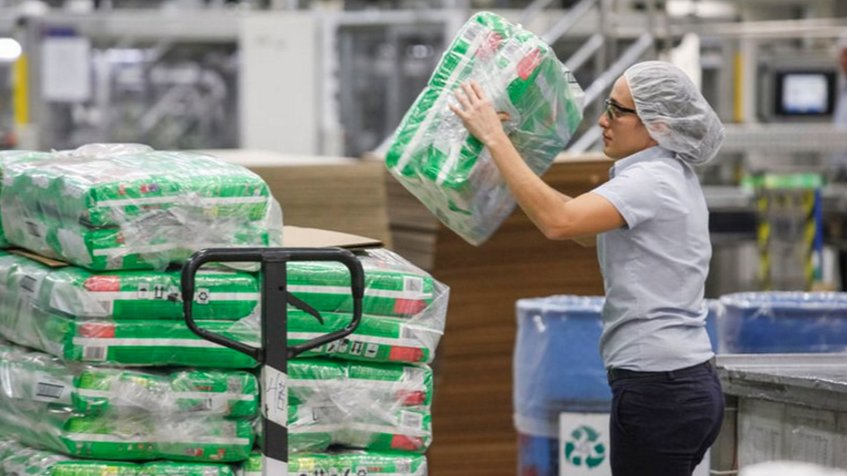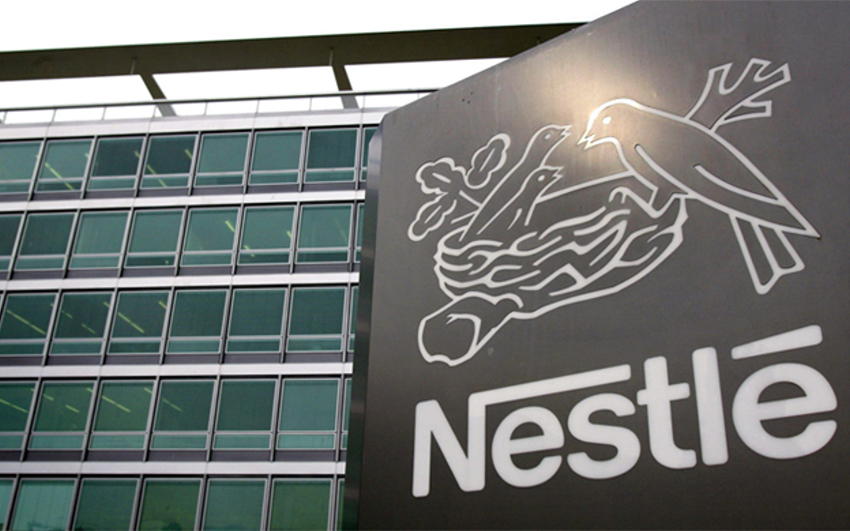
Multinational companies in Venezuela are starting to look like the living dead versions of what they once were, as the country continues to flounder in an economic crisis marked by near-hyperinflation and scarcity.
Most of these companies are operating at their minimum capacity due to a lack of raw materials, a new report from Reuters revealed, in addition to neglect from President Nicolás Maduro’s regime.
The report focused on companies such as Ford, Fiat Chrysler and Nestle, whose employees sometimes wait up to 10 months to return to work when shortages cause a stop in production.
Reuters counted some 150 multinational companies that remain in operation in the struggling socialist nation, many of which have had to cut their production of cars, food and other fundamental products. Many of these companies have reportedly turned their focus to the products that are the cheapest and easiest to manufacture; operating in a sort of survival mode. The result has been a reduction in worker shifts, pay and workdays.
Nestlé stopped producing baby fruit compost in late September, for example, because it didn’t have access to glass containers, according to the company. Meanwhile, Kellogg’s cereals has resorted to “environmentally friendly,” colorless packaging, while toothpaste company Colgate has begun packaging its products in recycled, cost-effective cardboard.
Johnson & Johnson has stopped manufacturing mouthwash in the country, as well as baby shampoo and moisturizer. Currently, it only produces basic female hygiene products.
Zucaritas edición patria. Pero con la excusa del reciclaje pic.twitter.com/XDtw4kezc1
— Víctor Amaya (@victoramaya) March 23, 2016
Other companies — such as Clorox and Kimberly-Clark — have made the difficult decision of leaving Venezuela altogether, abandoning goods on the factory floor. General Mills and Dana Autoparts sold off their subsidiaries for cheap last year to local businesses, while General Motors announced its departure from the country earlier this year.
Maduro’s regime has defended itself against the phenomenon by claiming that global industries are intentionally limiting their production to fight in an “economic war” against the country.

For years, the government has fixed the prices of products such as milk and soap, which haven’t been able to keep up with rampant inflation rates. The government also sets the exchange rate with the US dollar, which has also proven disastrous for the economy.
Venezuela had around 800,000 companies before Hugo Chávez took office in 1999. Now, under Maduro, there are only 230,000 companies, meaning 570,000 have died.
During the forum “How to budget in 2018,” experts presented less than hopeful data on Venezuela’s economic activity, claiming that reconstruction of the country will be impossible without lifting price controls and allowing external financing. Experts say that the economy in Venezuela has receded 50 years in terms of both per-capita income and supply of goods and services.













